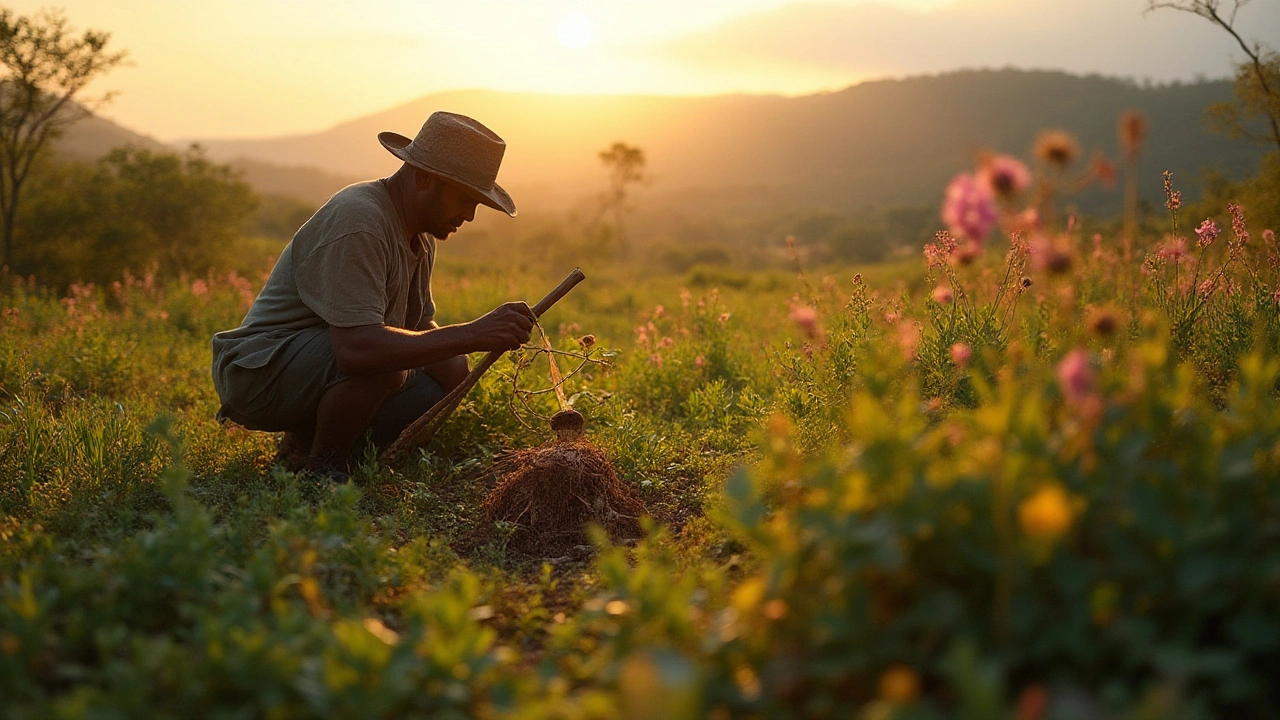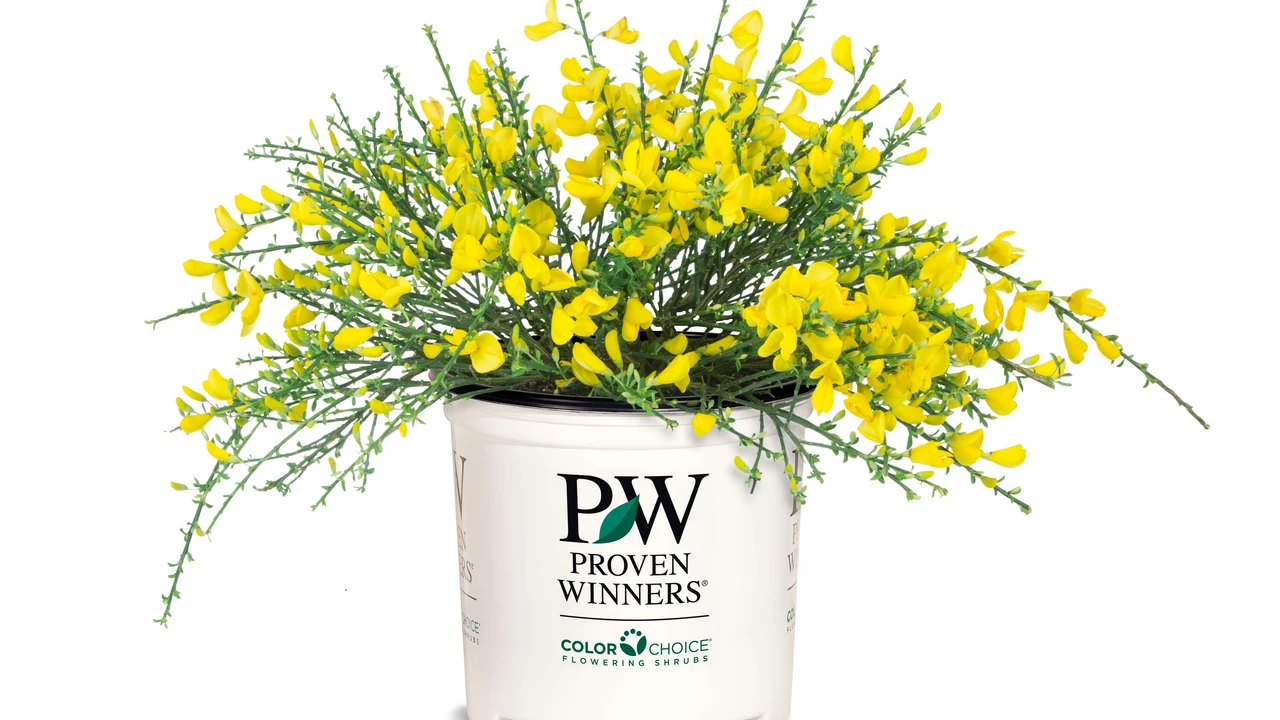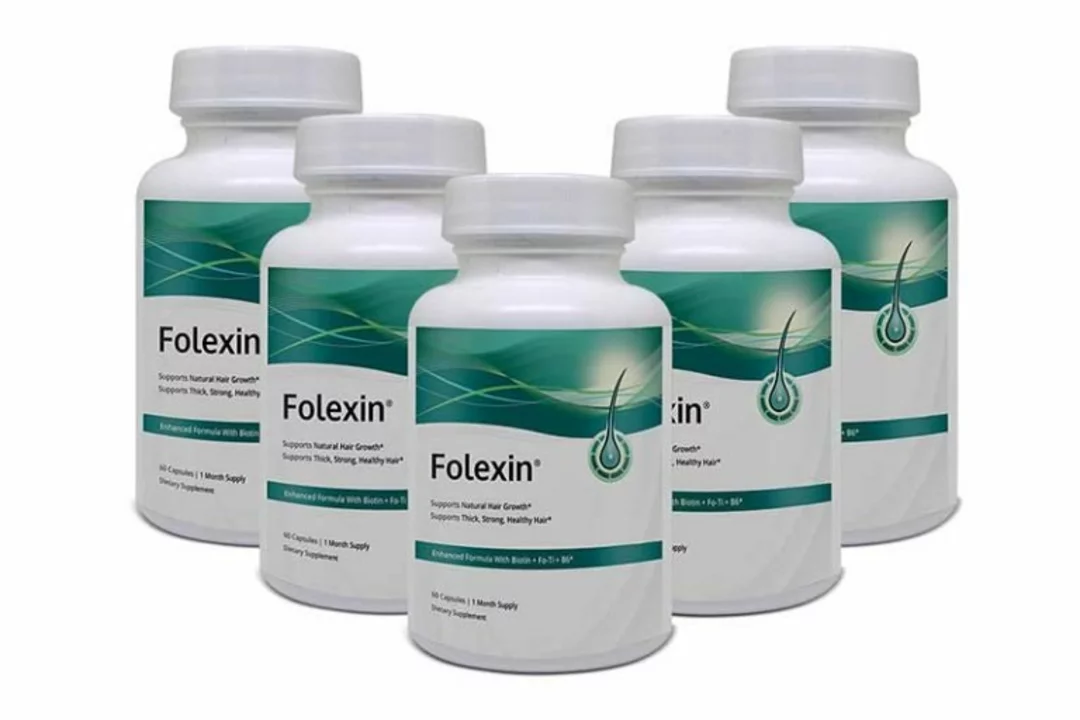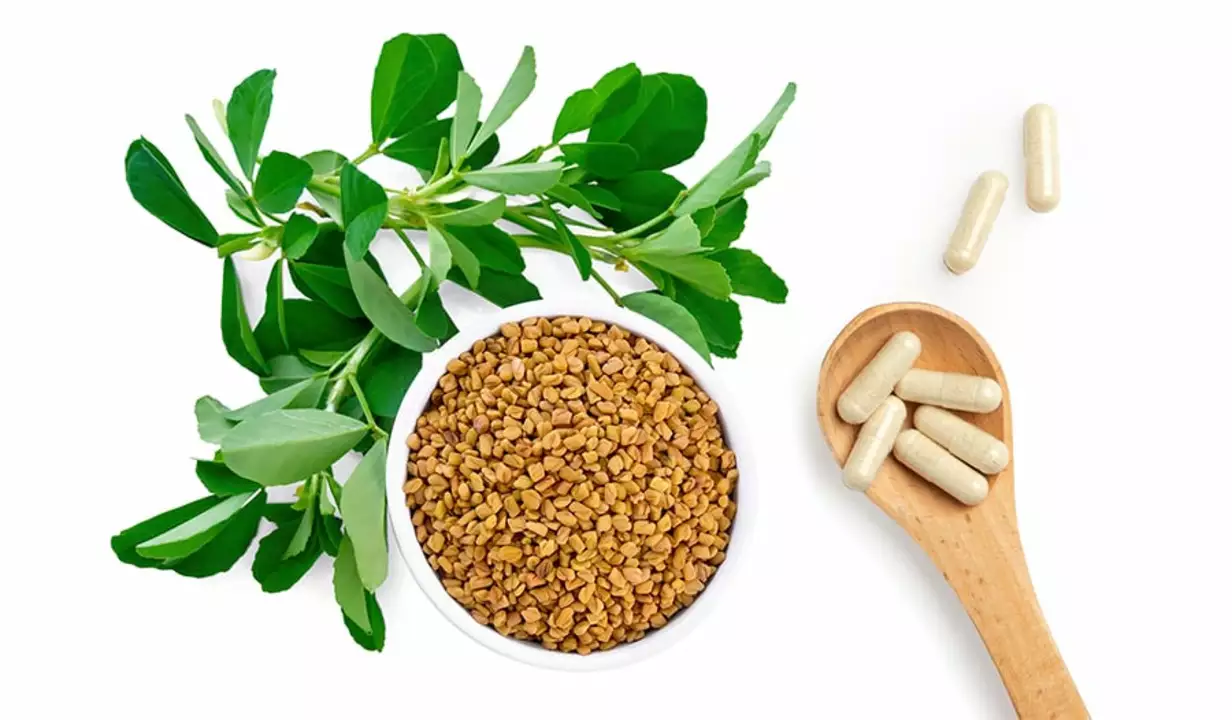Natural Health: Practical Guides to Herbal Supplements & Safe Use
Think "natural" always means safe? It doesn't. This category gives straight facts about herbal supplements, traditional remedies, and practical tips so you can try them smarter, not riskier. You’ll find clear guides on plants like African wild potato, Jiaogulan, Scotch Broom, Coltsfoot, and Danshen — what they might do, how people use them, and the risks to watch for.
Each post focuses on real-life use: how to prepare products, reasonable dosage ranges, signs of toxicity, and common interactions with medicines. For example, the African wild potato article explains safe preparation and dosing; the Jiaogulan post outlines antioxidant and stress-balance benefits; the Scotch Broom guide covers benefits and precautions; Coltsfoot shows respiratory uses; and the Danshen piece explains heart and brain support. Those summaries make it easier to compare options.
How to pick safe natural remedies
Start with your goal. Are you after better sleep, clearer thinking, or lung support? Pick herbs that match that goal and read a focused guide. Check if the post lists known side effects and drug interactions. If you take prescription meds, look up interactions or ask your clinician — many herbs affect blood thinners, blood pressure drugs, or diabetes meds. Prefer products with clear ingredient lists and look for third-party testing when possible.
Dosage, sourcing and everyday safety
Dosage matters more than "natural" claims. Follow the ranges given in individual guides and avoid combining multiple similar herbs at full dose. When a post mentions toxicity or allergic reactions, take it seriously — stop use and seek help if you have breathing trouble, rash, swelling, or dizziness. Buy from reputable brands, avoid products with vague plant names, and look for sustainable sources; some wild plants face overharvest. If you plan to harvest yourself, use the harvesting and preparation tips in the African wild potato post to reduce risk.
Want to try a new supplement? Start low and track how you feel. Keep a short log: dose, timing, effects, and any side effects. That makes it easier to spot patterns and tell your healthcare provider exactly what happened. If you’re pregnant, nursing, have liver or kidney issues, or are on long-term medications, check with a professional before trying herbal supplements.
Look at labels for active compounds and extract strength. Prefer standardized extracts that list percentage of actives, for example 20% saponins in Jiaogulan or 5% tanshinones in Danshen; that helps compare doses. Ask sellers for batch numbers and certificates when possible. Store herbs away from heat and moisture. Many lose potency after six months once opened. Keep supplements out of reach of children and clearly labeled. If you notice new symptoms after starting an herb, stop it and report the brand and batch to your pharmacist and regulators alike.
This Natural Health section aims to give clear, usable info without hype. Read posts that match your needs, compare notes, and treat herbs like useful but powerful tools — helpful when used right, risky when ignored.






